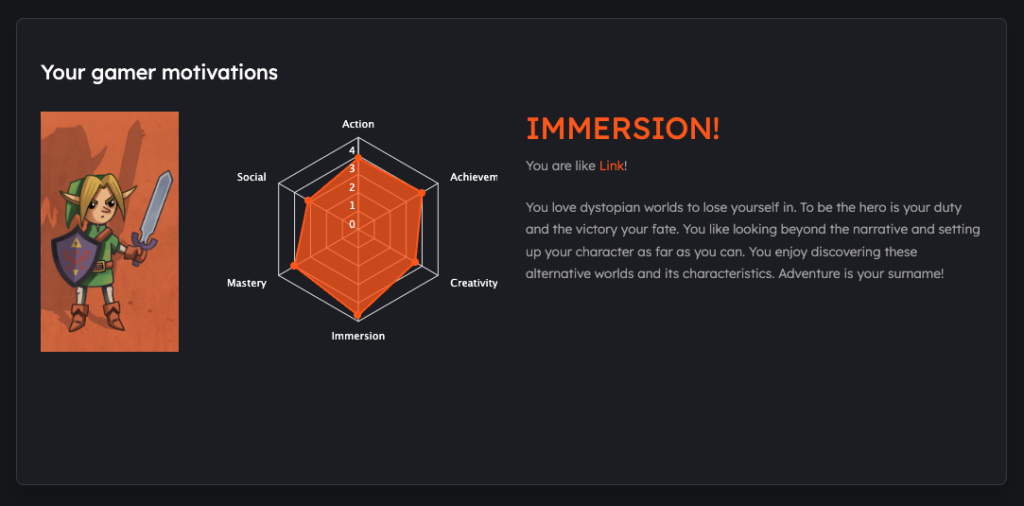Revitalize Your Look with Biondo Hair Design
Explore the latest trends and tips in hair design and care to achieve the perfect look.
Player Community Management: Herding Cats and Cultivating Loyalty
Master the art of player community management—turn chaotic interactions into loyal connections and boost engagement like never before!
The Art of Balancing Player Expectations: Tips for Effective Community Management
Effective community management is essential for fostering a healthy relationship between game developers and players. The art of balancing player expectations involves understanding the diverse needs and desires of your community while providing clear communication about what can realistically be delivered. One effective approach is to utilize feedback loops that encourage players to share their thoughts and experiences. Regularly conducting surveys or hosting Q&A sessions will help players feel valued and included in the development process, making it easier to manage their expectations.
Another key aspect of managing player expectations is establishing transparent guidelines. Ensure your community understands what they can expect from your game and its updates. This could involve publishing a development roadmap or providing detailed patch notes after updates. By openly communicating your plans, you'll foster trust and understanding. Remember, clarity is crucial; ambiguous promises can lead to disappointment. In turn, this proactive communication helps in building a more engaged and satisfied community, making your role as a community manager smoother and more effective.

Counter-Strike is a popular first-person shooter game that pits teams of terrorists against counter-terrorists in various game modes. Players can engage in thrilling matches where tactics and teamwork are essential for victory. For those looking to enhance their gaming experience, consider using a clash promo code to unlock special features or discounts.
Fostering Loyalty in Gaming Communities: Strategies That Work
Fostering loyalty in gaming communities is essential for creating a vibrant and engaged player base. One effective strategy is to encourage community engagement through regular interaction between players and developers. This can be achieved by hosting live Q&A sessions where developers address player feedback and concerns, thereby making players feel valued and heard. Additionally, implementing forums or Discord servers dedicated to specific games allows players to connect, share tips, and build friendships, which further strengthens their loyalty to the community.
Another successful approach is to offer exclusive rewards for loyal players. By creating a tiered loyalty program that provides special in-game items, discounts, or early access to new content, players are more likely to stay committed to the gaming community. Furthermore, recognizing player contributions through leaderboards or community spotlight features can motivate players to remain active and competitive, fostering a sense of accomplishment and attachment to the game and its community.
How to Successfully Navigate Conflict in Player Communities: Tips and Techniques
Conflict is an inevitable part of any player community, whether it’s in gaming forums, online guilds, or competitive environments. To successfully navigate conflict, it’s essential to first understand the root causes of disagreements. Here are a few common triggers:
- Miscommunication: Often, conflicts arise due to misunderstandings or unclear language.
- Competitive Dynamics: Players might have differing goals, leading to tension.
- Personality Clashes: Diverse personalities can lead to friction among members.
By identifying these triggers, community leaders and members can better manage conflicts before they escalate.
Once conflict is recognized, implementing effective techniques is crucial for resolution. Start by fostering open communication—encourage players to express their feelings and viewpoints without fear of backlash. Additionally, consider the following strategies for managing conflict:
- Active Listening: Take the time to understand each party's perspective, which can help de-escalate tension.
- Mediation: Involve neutral third parties when necessary to help facilitate discussion and find common ground.
- Setting Guidelines: Establish clear community rules to prevent future conflicts and provide a framework for addressing issues.
By employing these methods, player communities can create a more harmonious environment where everyone feels valued.